Bengaluru wastes enough water to fill 13 lakes every month; 200 Cr litres of treated water wasted daily, reveals Co-Founder of Boson White Water

Bengaluru residents might be surprised to learn that the city throws away an astounding 200 crore litres of treated water every single day, according to Vikas Brahmavar, Co-founder of Boson White Water – a Bangalore-based startup championing sustainable water management solutions. He made this startling revelation during an interview on the podcast series What India Needs, hosted by Shutapa Paul.
Daily water wastage of 200 crore litres translates to wasting enough water to fill 13 lakes every month, a staggering amount considering the city’s water woes for the past few years. This March, social media sites were full of visuals of Bangalorians running to malls and offices to use washrooms, queuing for hours for tankers, and many even left India’s tech hub due to water scarcity.
“Imagine a line of trucks carrying 6,000 litres of water each, stretching from Bangalore’s Majestic to Hyderabad,” said Vikas Brahmavar. “That’s the amount of treated water we waste daily! We need stricter regulations and better management to conserve this precious resource. This wastage directly impacts residents who struggle with limited water access and often rely on unreliable water tanker deliveries.” He also warned that if people do not become more prudent about water wastage, other cities such as Coimbatore, Hyderabad, Delhi, Jaipur, and Agra could face water crises similar to Bengaluru’s.
Despite the dismal scenario, Brahmavar expressed hope and called for collaborative efforts to achieve a fundamental shift in water infrastructure. As per him, developed nations have predictable water discharge, unlike India’s current reactive strategy, which is inefficient for meeting the growing demand of a rapidly increasing population. “The need of the hour is to empower citizens and local communities to take charge and vote for supportive government policies. The time for action is now. We must prioritise the development of a predictable, resilient water infrastructure to ensure a sustainable future. The government must lead the way in policy-making while citizens take proactive steps in managing water resources.”
Despite these challenges, Boson White Water has made significant strides in water conservation. In the past 3–4 years, they have saved 945 million litres of water that would have otherwise gone to waste.
“What’s truly shocking is that the initiatives we’re seeing now to save water are long overdue, perhaps by decades,” said Shutapa Paul. “Foresight is an intriguing concept because it holds the key to solving many future issues. If we don’t take the right steps today, in five years, we could find ourselves in an even worse situation. People relocating from one city to another, without proper foresight and planning, could end up causing harm to the new city as well. Instead of running away from problems, we need to find solutions and enact change. Wastewater treatment is one such solution to help save the cities that will be facing water crises in the near future,” she added.
Wastewater treatment is revolutionising industries with substantial cost savings and enhanced efficiency. Wastewater was primarily used in limited amounts across apartments and complexes for flushing and gardening purposes. Today, with looming water shortages, industries across diverse sectors are utilising treated wastewater, not only for the sake of cost efficiency and sustainability but also for better quality. For instance, as wastewater treatment often leads to water softening, a laundry unit using treated wastewater spends significantly less on soap besides cutting down on effluent treatment costs. Just 1.5 g of soap is required compared to 400 g per large machine. The benefits extend to IT parks and malls too, where treated water prolongs the lifespan of cooling towers and reduces chemical use. By switching to treated wastewater, the semiconductor industry has also experienced a notable decrease in the cost of producing demineralised water, while sectors such as plastic extrusion and boiler operations have witnessed both economic and environmental gains. These examples underscore the transformative impact of wastewater treatment, which drives operational efficiency and sustainability across a wide range of industrial applications.
Many people rely on tanker orders from outside sources, resulting in a lack of control over the quality of water they receive, leading to the distribution of potentially contaminated water. Highlighting the fact about water contamination, Brahmavar stated, “Suppliers sometimes add bleach to mask impurities, leaving consumers unaware of what they are purchasing. This water may contain nitrates, heavy metals, or E.coli, and is rarely tested for these contaminants. Even if it appears clear, it can still harbour dangerous pollutants invisible to the naked eye. We must move beyond simply trusting what we see. Overcoming the perception issue remains a significant challenge, not just in our country but globally. Ensuring high-quality water supply through proper treatment and certification is the only way forward.”
Watch this episode of the What India Needs! podcast here: YouTube-What India Needs Podcast with Vikas Brahmavar
Listen to the What India Needs! podcast here: Spotify-What India Needs Podcast with Vikas Brahmavar
Above views are of the author and not of the website kindly read disclaimer
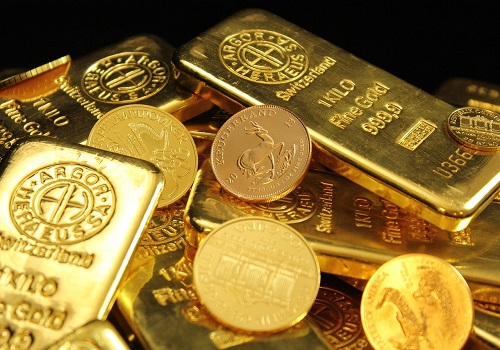
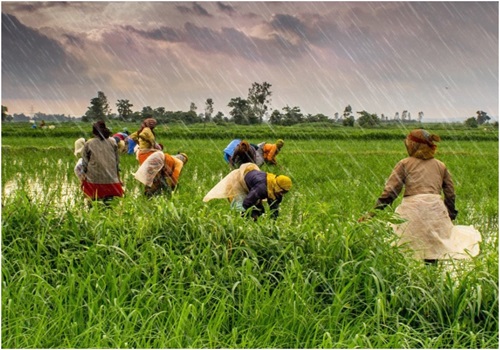

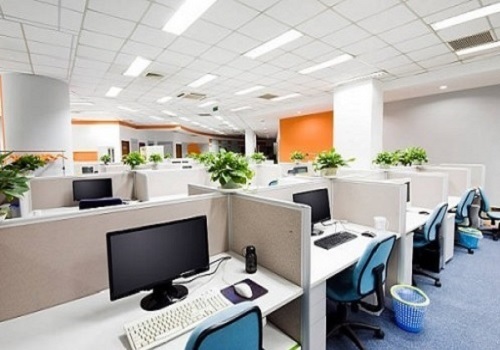



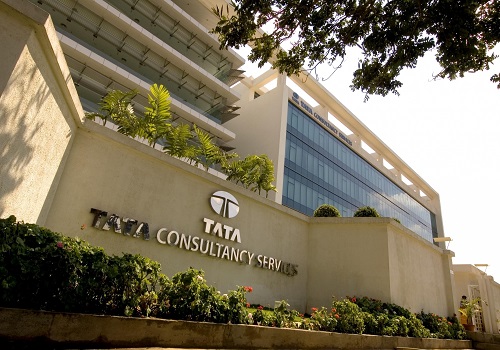


Top News
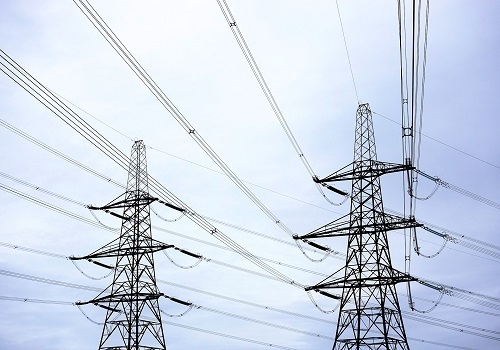
REC moves up on getting nod to raise funds up to Rs 1,05,000 crore through private placement
More News

NBFC-backed Digital Lending Platform Propelld Secures Over $25 Million Through Debt Raising

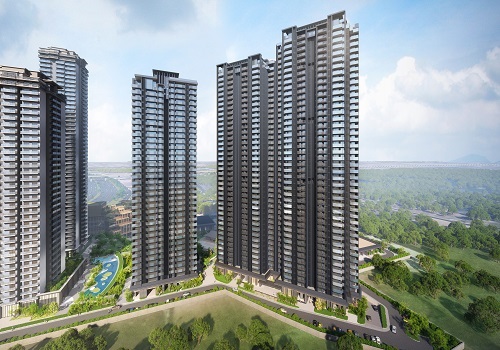
.jpg)




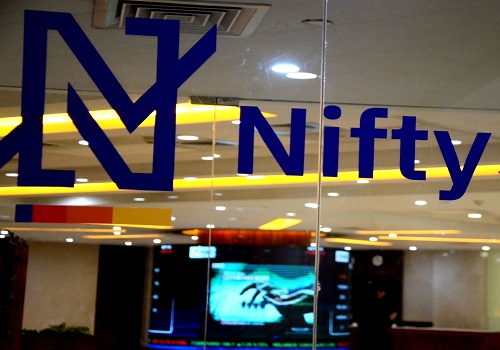


.jpg)